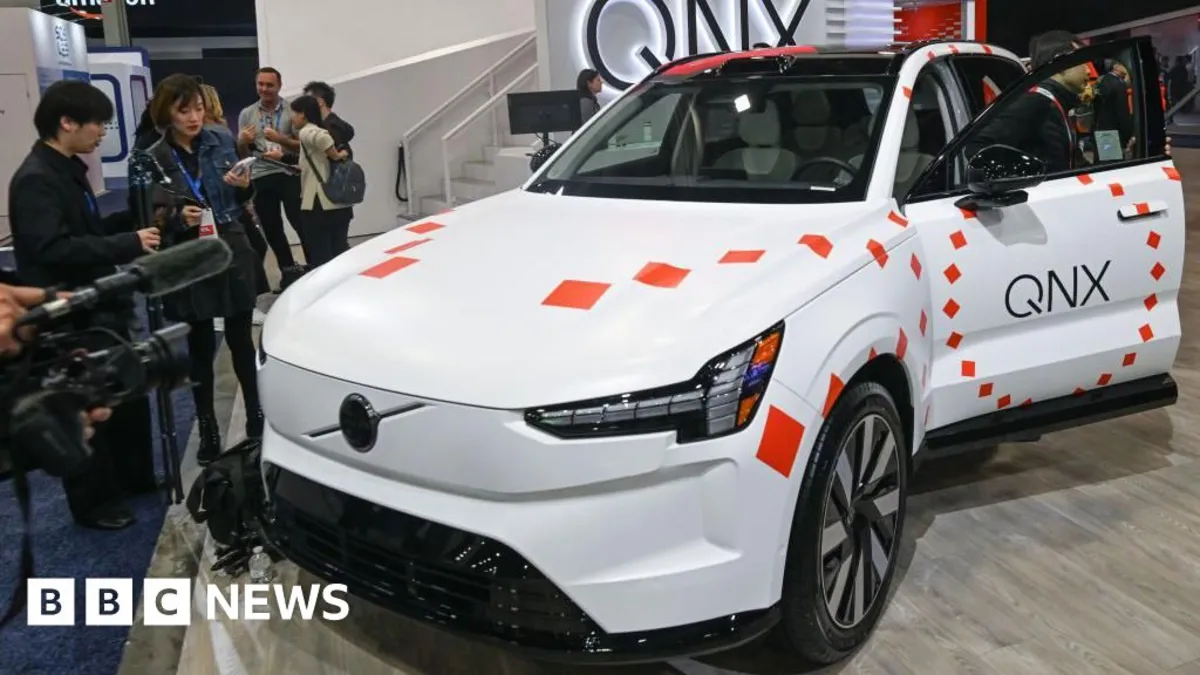
Sweden-based car maker Volvo Cars has announced a significant decision to cut approximately 3,000 jobs as part of its ongoing cost-cutting measures. This strategic move primarily impacts office-based positions in Sweden, representing about 15% of its white-collar workforce. The announcement comes as the automotive industry faces unprecedented challenges, prompting Volvo Cars to take decisive action to streamline operations.
Last month, Volvo Cars, which is owned by the Chinese group Geely Holding, unveiled an ambitious 18 billion Swedish kronor ($1.9 billion; £1.4 billion) action plan aimed at reshaping the business. This restructuring is essential for the company to navigate the current landscape of the global automotive market, which is grappling with multiple pressures, including US tariffs on imported vehicles, rising material costs, and a slowdown in sales across Europe.
The chief executive of Volvo Cars, Håkan Samuelsson, acknowledged the difficult nature of these decisions, attributing the layoffs to the challenging period the industry is currently experiencing. “The actions announced today have been difficult decisions, but they are important steps as we build a stronger and even more resilient Volvo Cars,” Samuelsson stated, emphasizing the necessity of these measures for the company's future stability.
Earlier this month, Volvo Cars reported a concerning 11% decline in global sales for April compared to the same month last year. This drop in sales further highlights the need for the company to implement strategic changes. Volvo Cars maintains its main headquarters and development offices in Gothenburg, Sweden, and operates major production facilities in Sweden, Belgium, China, and the United States.
Volvo Cars has a storied history, having been sold by the US motor industry giant Ford to Geely in 2010. In its pursuit of innovation, Volvo announced in 2021 that it would transition to an all-electric lineup by 2030. However, this ambitious goal was recently scaled back due to various challenges, including uncertainties stemming from new tariffs on electric vehicles (EVs) in different markets.
The competitive landscape of the automotive industry has intensified, especially among electric vehicle manufacturers. Recently, Chinese electric vehicle giant BYD declared price cuts on more than 20 of its models, reducing the price of its entry-level model, the Seagull EV, to as low as 55,800 yuan ($7,745; £5,700). In response, state-owned Changan and Leapmotor, backed by Stellantis, have also announced their own price reductions.
Furthermore, in a notable industry shift, BYD surpassed Elon Musk's Tesla in sales across Europe for the first time in April, according to research from Jato Dynamics. This highlights the evolving dynamics within the automotive market, pushing manufacturers like Volvo Cars to adapt swiftly to maintain their competitive edge.